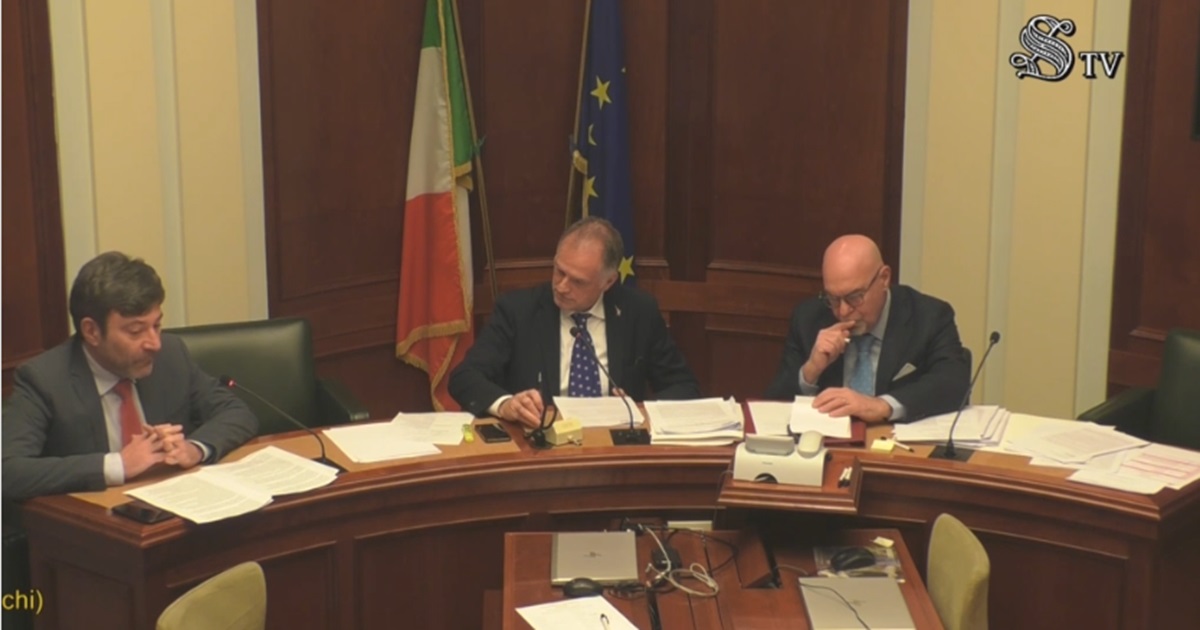In the Finance and Treasury Commission, for the discussion on Government Act no. 116 (Reorganization of the gaming sector), was audited Mark Makeup representing GGPOKER.
“I worked in online poker where I came to lead the two largest online poker companies in the world and – stated Marco Trucco – it is on the basis of this experience that they called me to give some more ideas on the memory filed by GGPOKER, which I agree with 100% and allow me to add a few more arguments. At this point my goal is to try to give some more information having been in the sector for so long to make it clear that the request made by GGPOKER is in the interest not only of the players but also of the Treasury, of the entire market of legal gaming.
In Italy, poker was regulated way back in 2008 as the first online game because it is a game of skill where players play against each other, it is not a game against the house, there is an element of skill not just luck and therefore it was, already in 2008, regulated as a game of skill. In 2011, online poker generated 67% of the game's online revenue, now in 2023 it generates 4%. So from sixty-seven to four, this is one of the topics I'll try to explain.
The Espad study which was cited in the State Regions Conference document is important and says that among young people, the games they prefer are most frequently chosen betting (47%), casino games, therefore slots, roulette, virtual betting . Poker is not really mentioned, it has disappeared from all research because it is the most complex game, takes the longest to play, is least repetitive and is the game that, according to all research, is least played by problem players. In reality the game has been suffocated by casinos and betting and is by far the least profitable game for operators in the sector because it is complicated to manage.
Players spend much less on poker than they do on casinos and gambling. Poker was regulated first but unfortunately it was then essentially abandoned while the regulator updated the offer of casino games and betting very frequently. It has remained substantially the same and has not been updated since 2011, we are talking about it today here because in 2008 the regulator, to avoid a series of technical problems that existed at the time and which were perfectly understandable, decided to limit the player network and the player platform.
Poker platforms cannot be part of an international network. Unfortunately, this restriction, initially defined as temporary, was never overcome and from the 67% that poker generated in 2011 it dropped to 4%. Betting and casinos have gradually taken over. Italian poker players started playing on foreign platforms because the product was no longer updated.
Now with a tender that requires operators to make an important economic contribution, I believe it is worth considering offering international operators, who still offer poker, to participate in the tender and finally offer a competitive product. A product that allows you to at least maintain if not make it grow and not let it die completely. Otherwise, within a few years, poker as a legal product would disappear, allowing operators to connect to international platforms and play with offers from other countries.
In Italy it is not possible to play tournaments that cost more than €250, it is perfectly fine even if Italian players accessed international networks, this limit would still be maintained. It would mean making poker a competitive product again. We have done some calculations and it could generate an estimated increase in the order of 20/25 million euros more in revenue per year.
25 million in revenue for 9 years is 240 million, more or less what the State expects to receive from the operators' tender. That's around 7 million for 40 operators so by making a small change to the platforms we can put poker back on track to generate significant revenue in the coming years.
It is also important to say that most, indeed almost all Italian operators, already use international poker platforms which, however, were then detached from the global ones and were limited to the Italian level, so what is being asked to be able to be introduced let's say the Italian network with the main tree and the international platforms.
They are also safer, it is more difficult to defraud because the platforms have many more technological tools. Germany, Sweden, Switzerland, Belgium, Romania, the United Kingdom and Denmark have poker in global liquidity and have never had any problems.
Italy has remained the only country substantially disconnected from the rest of the world, France decided some time ago to adopt a different approach and make bilateral agreements with other countries, however, from my point of view it is a decidedly dead end because they have essentially this was done for a very commercial reason, namely to allow a French operator to have access to other markets.
What we ask instead is that Italy gives the possibility to all operators who have a regulated international network to access the Italian market and to Italian companies to choose which product to offer among those obviously certified by the Monopolies".











